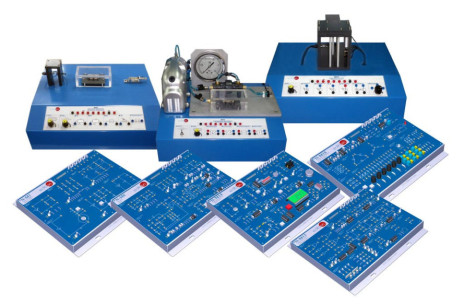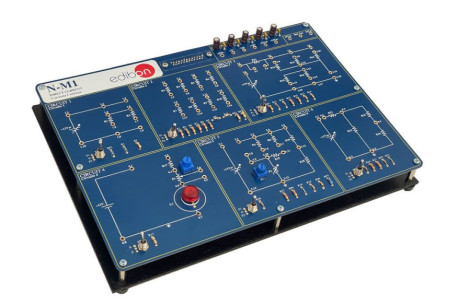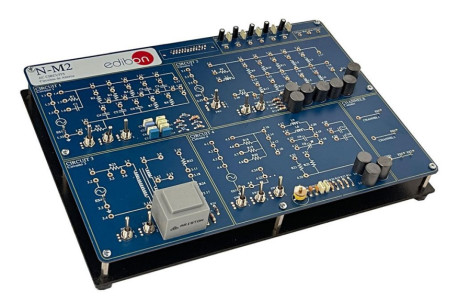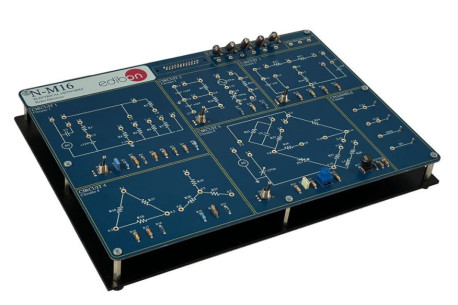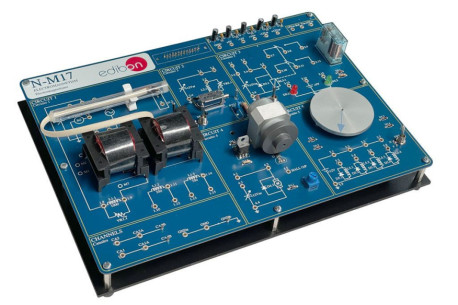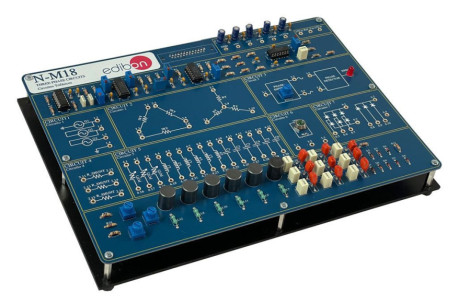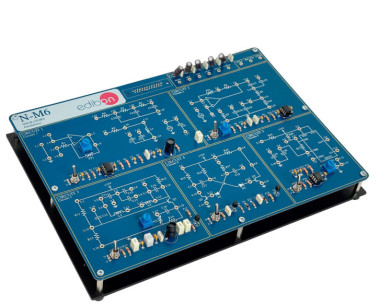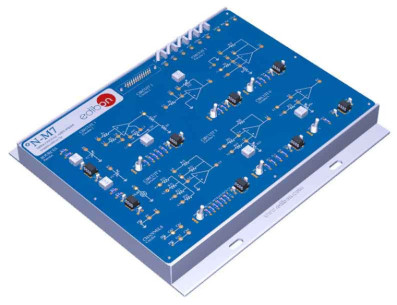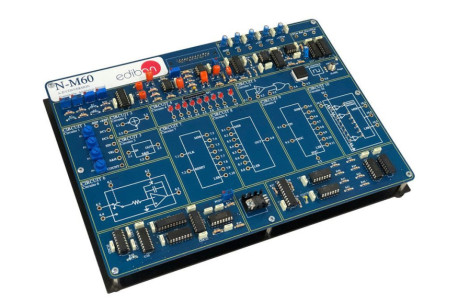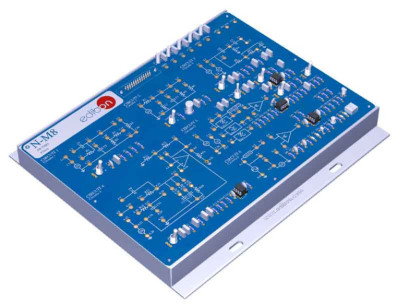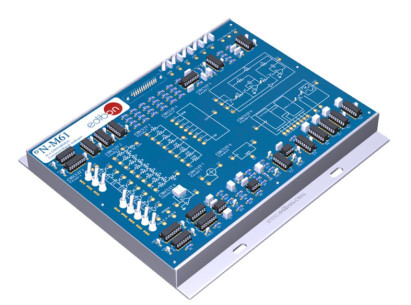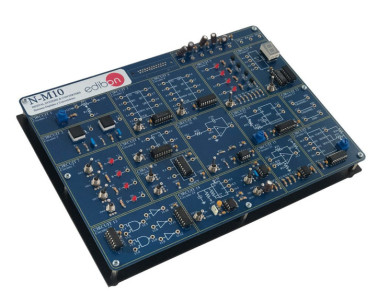PARA MAIS INFORMAÇÕES, CONTACTE-NOS
2.3.- FUNDAMENTOS TEÓRICO-PRÁTICOS
A fase de desenvolvimento electrónico de um dispositivo é um grupo de fases levadas a cabo para obter um produto que cumpre as especificações exigidas.
Ver maisAs fases mais características de qualquer desenvolvimento de dispositivo electrónico são: definição das especificações do equipamento, concepção dos diferentes circuitos electrónicos que o dispositivo necessitará (circuitos de alimentação de energia, circuitos de controlo, circuitos de alimentação de energia, circuitos de filtragem do sinal, circuitos osciladores, circuitos de isolamento entre os circuitos de potência e os circuitos de sinal, circuitos de condicionamento de sinal analógico, circuitos amplificadores,circuitos codificadores ou descodificadores, etc.), calculando as características dos componentes de cada circuito, simulando o funcionamento dos circuitos electrónicos do aparelho, testando os diferentes circuitos individualmente, desenvolvendo o protótipo do produto e, por último, fabricando o produto final.
As fases de desenvolvimento de testes e prototipagem de circuitos electrónicos são um dos passos chave no design ou redesenho de circuitos electrónicos.
No passado, estes testes eram realizados através da montagem e soldadura dos componentes num PCB branco, mas graças à padronização dos componentes, juntamente com o aparecimento da placa de pão ou placa de protótipo, podem ser feitos protótipos de circuitos sem soldadura, o que facilitou muito a construção dos circuitos a serem testados.
Ver produtos Preferências de cookies
Preferências de cookies

